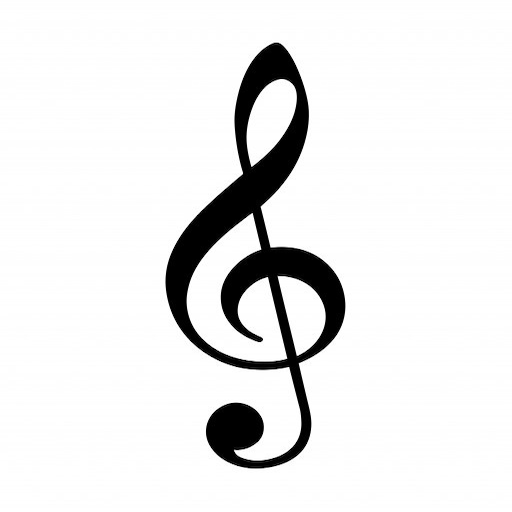A Maestro Conducts: Rafael Kubelík and the New Philharmonia Orchestra

What a gem this is - the New Philharmonia Orchestra under the great Czech conductor Rafael Kubelík in Lucerne, a trio of live performances, including the Schoenberg Piano Concerto with the legendary John Ogdon.
This is Haydn recorded in September 1968 - while we should not expect state-of-the-art sound, therefore, the sheer vivacity of this performance shines through; ther eis suave wit there, too, in some of the phrasing. here's the first movement:
Haydn's Symphony No. 99 is not very often heard, perhaps (legend has it) because of the Menuet and Trio, which has a top D (sounding G) above top C for the first horn. I do remember a performance in Manchester (orchestra and hornist to remain anonymous) where a miss meant that the first horn hit the harmonic below the top note - which happens to be a semitone below, so that perfect octave became a perfectly in-tune major seventh. Ouch. Here it is with Kubelík, a lovely octave, but perhaps a little too subtle (read quiet):
No doubting the sprightliness of the finale, though!
You might think Haydn to Schoenberg is a long way, but hat would be to forget Arnold Schoenberg's reverence for the First Viennese School and also - particularly - Brahms (his essay Brahms the Progressve is a must-read if one is to understand Schoenberg's music).
The Piano Concerto has a bit of a reputation as a hard nut to crack, but the great John Ogdon fed off music like this and delivers a performace of wit (back to Haydn!) and lightness. The dialogues with the orchestra are miraculous - it si as if they had all been playing thsi work together for years. Kubelík himself was an advocate of Schoenberg's music (he conducted the posthumous premiere of the oratotio Jakobsleiter in Vienna in 1961). The frenzied dance rhythms of the Adagio are typical of Schoenberg (in his earlier work he regularly references Baroque dance forms, albeit from within his own syntax) and seem to arch over into te 'giocoso' finale. The tempo here is perfect (the full marking is 'Giocoso (moderato)'.
I have to say juxtaposing the Schoenberg with the Haydn made me listen to the piano concerto in a diferent way: it was easier perhaps to locate the joyous, the sense of - yes - kittenish play. Ogden is magnificent (I prefer this version to both Uchida and Brendel, incidentally). To my ears, "bracing" is by far the best description here. Here is that finale:
It is my fervent hope that this performance wins over at least a couple of Schoenberg-sceptics!
The running time of these pieces together is such that they take just too much over 80 minutes to be contained on one disc; hence the twofer format (timing are 42:05 + 42:22). The Tchaikovsky is a terrific performance, as taut as the famous Szell/Cleveland performance but with more give and take because the tension runs through like a live wire. Here's the first movement:
The two inner movements are little miracles of shaping: and just listen to the ominous horns and brass in the finale:
Perhaps if you're looking for sheer white-heat excitement in thsat finale Szell is the way to go; but for majesty coupled with excitement, Kubelík remains the one to have ...
A fabulous reminder of a great conductor, therefore.





